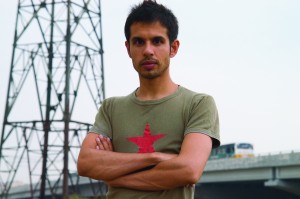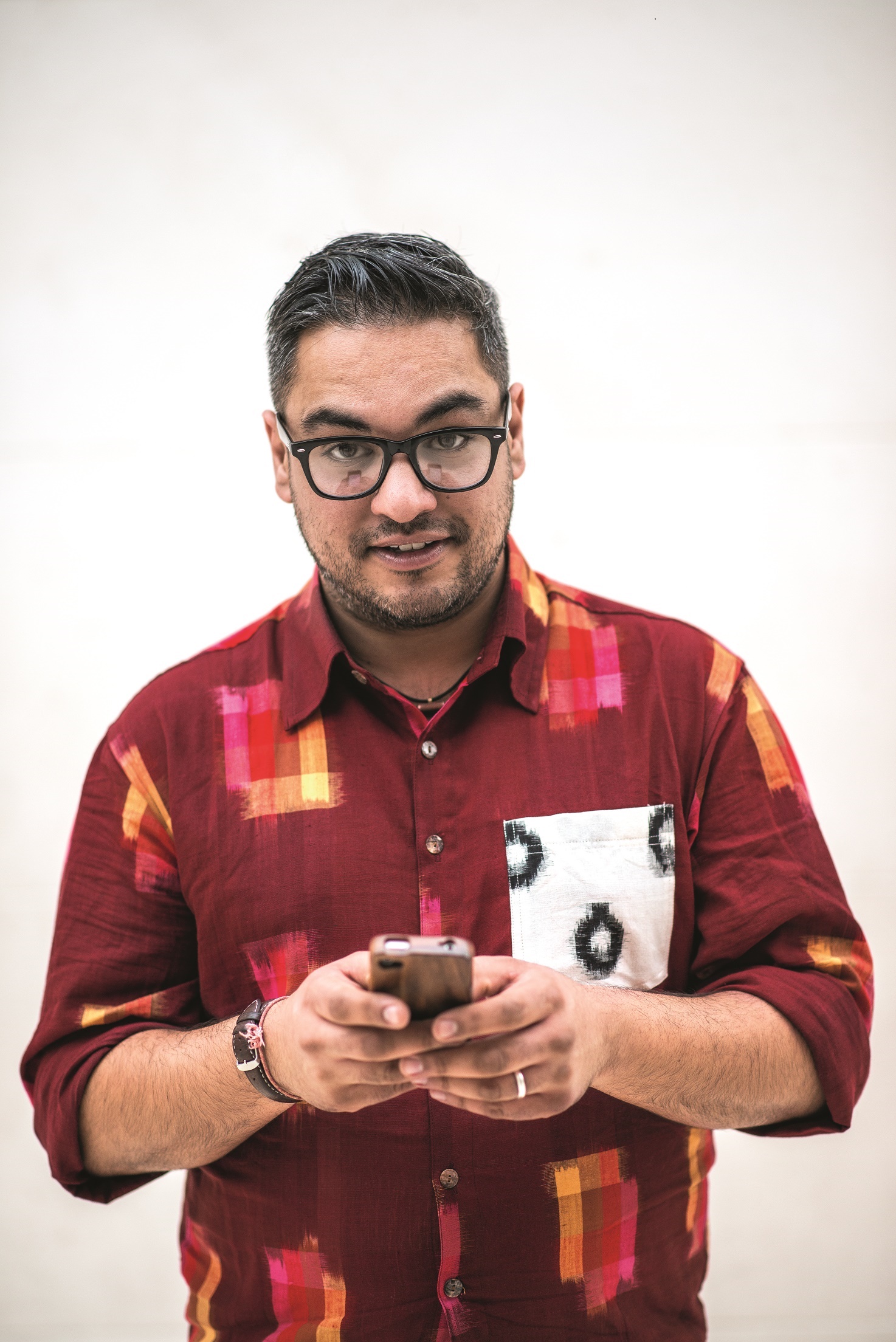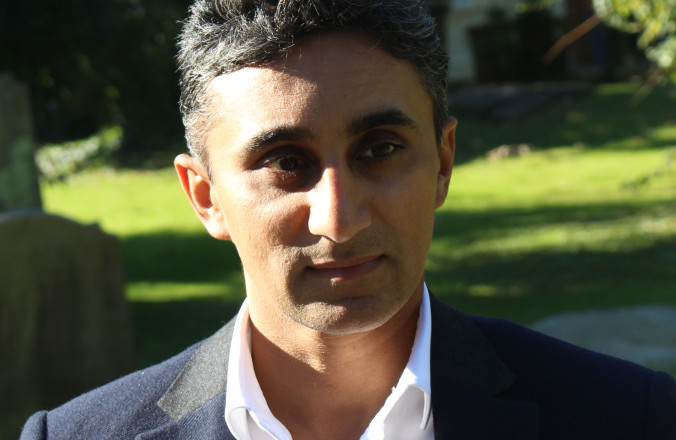
1) Can you tell our readers in less than 100 words what your latest novel, Solo is about?
It’s about a one hundred year-old man who has done almost nothing in his life. It’s about trying to make meaning out of failure (it’s theopposite of the stories of success, plenitude and achievement that fill our media space) and the enormous reserves of failure that surround every success. It’s about war and revolution and friendship, and the eternal inadequacy of words in the face of death. It’s about music and chemistry and daydreams. It’s about children who are not yet born, and the terrifying beauty of the future.
2) The blurb of Solo certainly has a wow factor for its refreshingly unique storyline. Where did the idea for Solo come from?
Many places, actually. Some parts of the story I’d already worked out many years before I began writing. Little stories people told me, or things I saw, that grew over the years into big slabs of this novel. I’d developed this interest in Bulgaria – it was a place that kept prodding me until I sat up and took some notice – and in the end I decided to go there and talk to people and see what it was all about. That’s when I found a house to put all these stories into.
3) What research went into writing the book? Did you travel to Bulgaria and what did you find there?
I read a huge amount about chemistry, Bulgaria, etc. I’m pretty obsessive about the factual parts of my fiction – factual depth makes this kind of writing sparkle more, I find. But the main research involved talking to people. As you can see from the novel, Bulgaria’s twentieth century was pretty crazy. Turbulence and violence arrived like floods from the centre of Europe, and Bulgarian lives were turned upside-down. For much of the century, however, it was difficult to talk about these things. Now it is possible to talk about them, which is why Bulgaria is a place of such amazing storytelling. I listened to incredible stories there. It was a privilege to meet the people I met in Sofia.
4) When you were in the novel writing process did you ever envisage that the story would be talked about, enjoyed and of course hit the bestseller lists like it has?
When I was writing Solo I was in the grip of a four-year obsession. I was obsessed with making a perfect thing. It felt rather like sculpture: stepping back to see what you have made and realising it is not working at all, going back to the stone and getting lost in the dust and the sound of the hammer. During that period I didn’t really think about how it would circulate once I’d finished it. Once I finished it of course I was interested in what other people would think. But that’s a very different kind of thought process, and it’s filled with anxiety. Because there’s no guarantee that the intensity of your own involvement in something will be sensed by others. No guarantee that the thing carries with it the enormous obsessive energies that went into making it.
5) What impact, if any, does great praise from a literary great like Rushdie have on your writing?
I always loved novels from the nineteenth and early twentieth centuries. Reading “Midnight’s Children” as a teenager I realised that the novel could still be grandiose and potent in this modern world, and I told myself I would write one, one day. Years later I discovered that Salman had read my work, which was startling in a way I can’t describe. But such things, again, are external to the actual process of writing. You write because that is how your particular brand of personality becomes itself – not for other people’s praise which, while always lovely, could never be sufficient on its own to drive someone through the crazy enterprise of writing a novel.
6) Who do you think would enjoy reading Solo and in particular what sort of reader did you have in mind when writing the novel?
I don’t know. I think you write with a kind of faith: that things you find beautiful and intoxicating other people might find compelling too. But you don’t know who those people will be. Or if they exist. Certainly not how many of them there might be.
7) Moving away from talking about Solo to your writing journey – did you make a conscious decision to leave the UK for Delhi to write? And if so how do you think that physical journey has changed you as a writer?
I was doing a corporate job in New York when I moved to Delhi. And yes Delhi seemed like a good place to escape to to think about writing. New York was impossible – too expensive, too fast, too derisive. It was completely wrong for the journey I was going to embark on, where there needed to be a lot of room to fail, take wrong turnings, start again…
What I wasn’t prepared for when I came to Delhi was that this was not just a place of refuge, it was a place with a powerful intellectual and creative subculture where many people were trying new things. It was far more nourishing for a new writer than I ever imagined. I’ve now been in Delhi for nearly a decade and, without me ever intending things to turn out this way, it’s become home.
8 ) Your writing career began in your late twenties so what influenced you to become a writer at that point in your life?
I guess I had to face up to what was essential and stop doing things because they seemed like a good idea at the time
9) So what’s next for you as a writer? Another book?
I’m just starting a book, yes. It’s a non-fiction work about Delhi. I’ve been doing a lot of interviews in the city recently, and this has been a new direction in my writing. It’s a remarkable moment in this city, and sometimes you have to drop your other plans in order to take stock of your moment. The first part of this work came out in Granta recently and now I’m expanding this into a book.
10) Finally what advice would you give to aspiring novelists?
Scare yourself.

